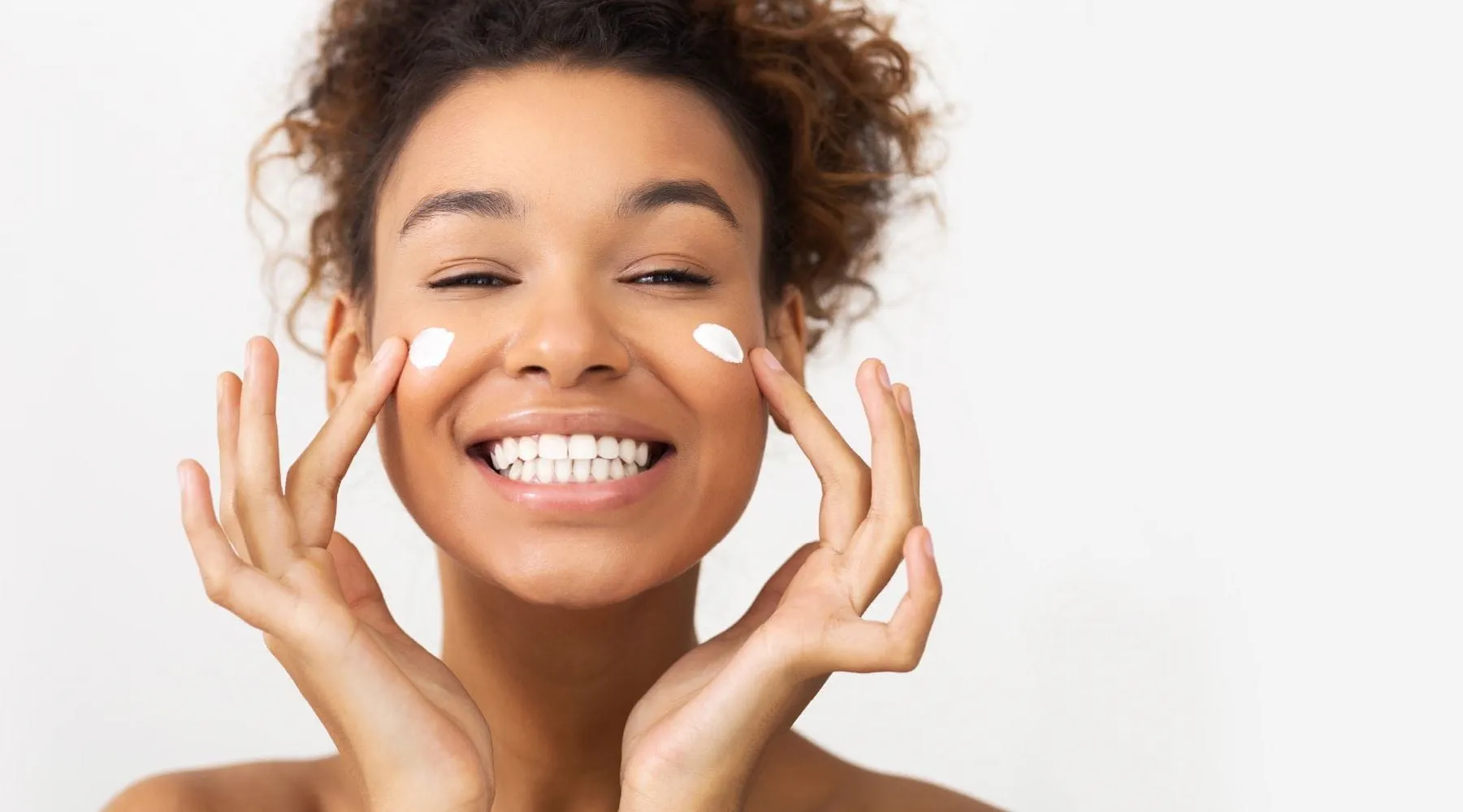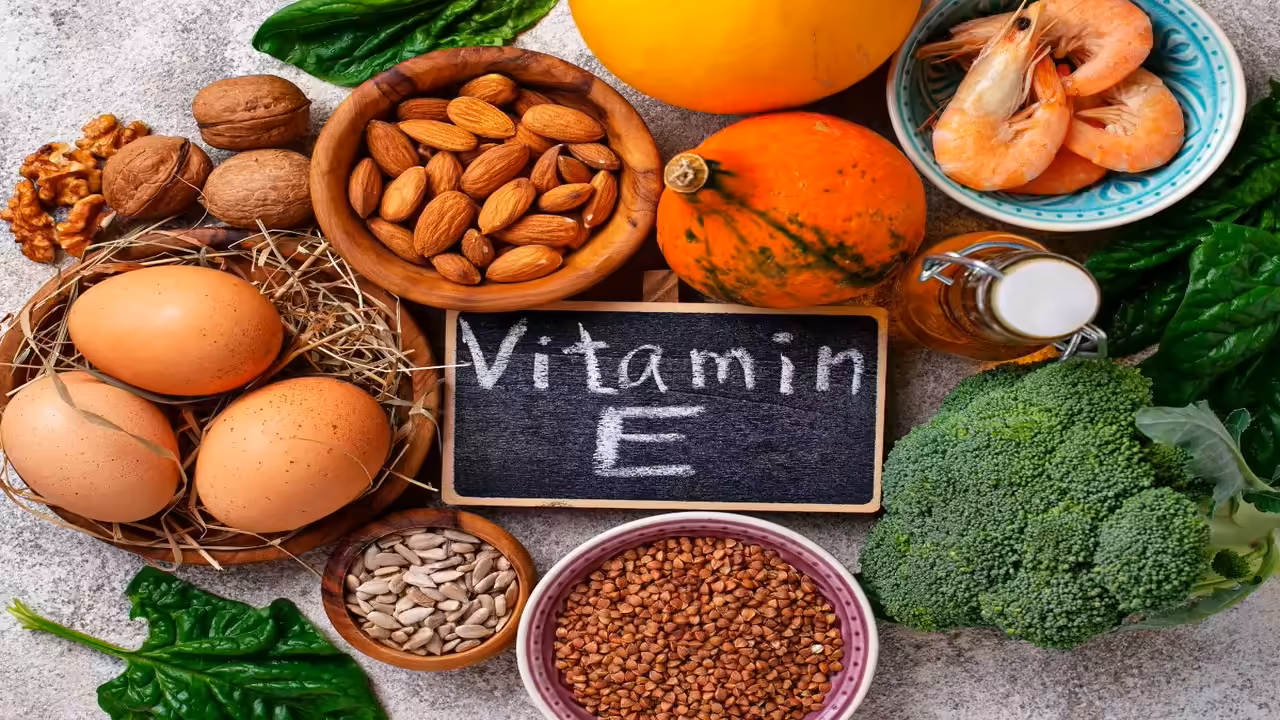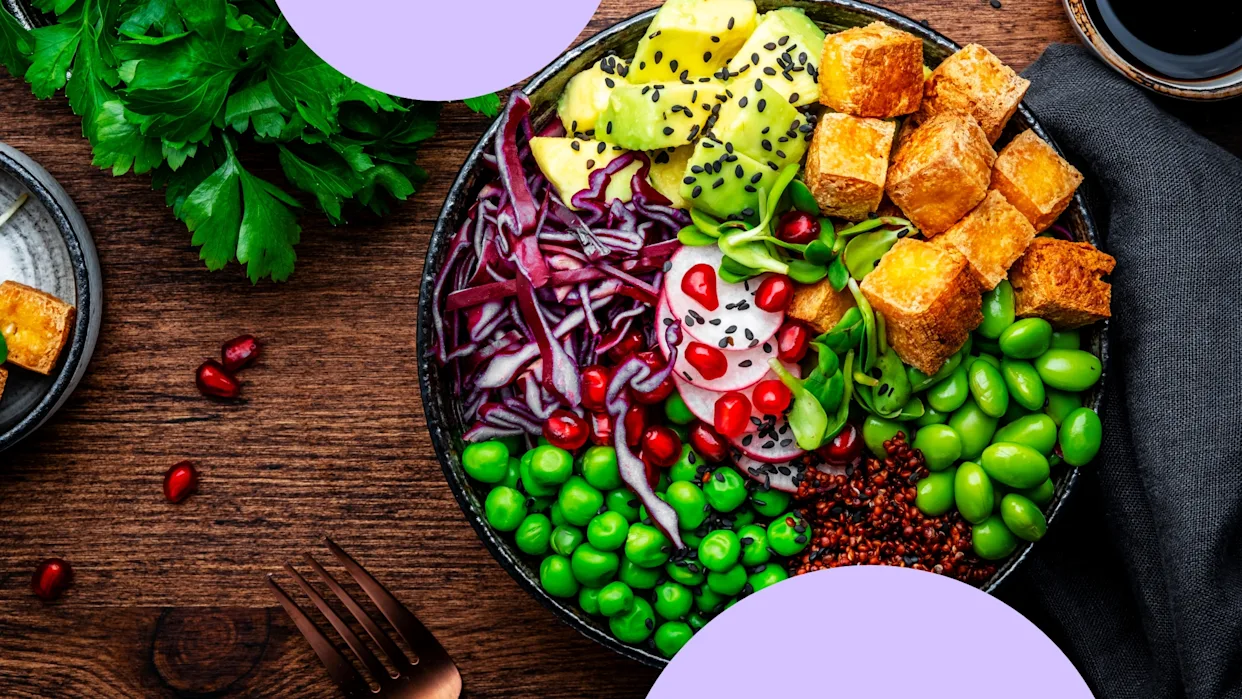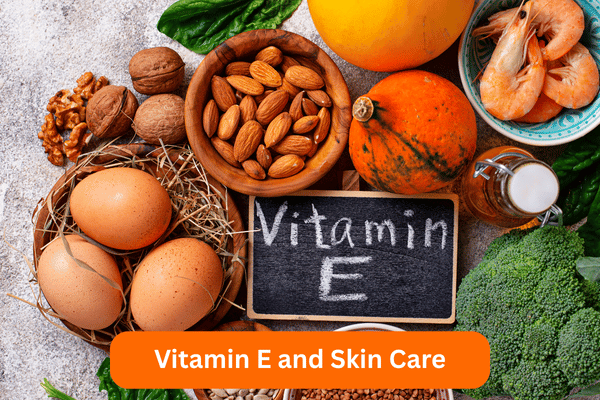Vitamin E and Skin Care
When it comes to achieving healthy, glowing skin, many people focus on skincare products, routines, and treatments. However, the true foundation of radiant skin often lies within what we consume. One powerful nutrient that plays a significant role in skin health is Vitamin E. This essential vitamin is known for its antioxidant properties, which help protect the skin from damage caused by free radicals, UV rays, and environmental pollution. According to Deepak KD, a practicing nutritionist and consultant, including Vitamin E-rich foods in your diet can dramatically improve skin health. In this blog, we’ll explore how Vitamin E can benefit your skin, the best food sources of this vitamin, and practical ways to include these superfoods in your diet plan.
Why Vitamin E Matters for Your Skin

Vitamin E is often referred to as the “skin vitamin” because of its numerous benefits for skin health. This fat-soluble vitamin is primarily known for its powerful antioxidant properties. It helps fight oxidative stress by neutralizing free radicals in the body. Free radicals can damage skin cells, accelerate aging, and increase the risk of skin conditions such as wrinkles, acne, and eczema.
Beyond its antioxidant activity, Vitamin E supports the skin’s natural barrier, helping to retain moisture, which is crucial for soft, supple skin. It also has anti-inflammatory properties, making it a useful remedy for conditions like eczema and psoriasis. Research suggests that Vitamin E can even help reduce scarring and promote the healing of wounds.
In this blog, we will focus on the following key points:
- How Vitamin E impacts skin health
- Best Vitamin E-rich foods for skin
- The role of superfoods in skin care
- Practical tips on including Vitamin E in your diet
The Role of Vitamin E in Skin Health
Vitamin E’s role in skin health is multifaceted. It primarily helps protect the skin from environmental stressors and aids in skin repair. Here’s how it benefits your skin:
1. Antioxidant Protection
Vitamin E is a potent antioxidant, which means it helps protect your skin from oxidative damage. Free radicals, produced by exposure to UV rays, air pollution, and toxins, can damage skin cells and accelerate the aging process. By neutralizing these harmful molecules, Vitamin E helps preserve your skin’s youthfulness and elasticity.
2. Hydration and Moisture Retention
Vitamin E helps maintain the skin’s moisture levels by forming a protective barrier on the skin’s surface. This barrier prevents water loss, keeping the skin hydrated and soft. Adequate hydration is crucial for preventing dry, flaky skin and maintaining a healthy appearance.
3. Anti-inflammatory Benefits
Inflammation is a common culprit behind many skin conditions, including acne, rosacea, and eczema. Vitamin E’s anti-inflammatory properties can help soothe irritated skin and reduce redness and swelling. It can also assist in calming conditions like psoriasis.
4. Wound Healing and Scar Reduction
Vitamin E is often recommended for reducing scars and promoting the healing of wounds. Its regenerative properties help accelerate tissue repair, reduce the appearance of scars, and improve overall skin texture.
Superfoods Rich in Vitamin E for Skin
Now that we understand why Vitamin E is important for the skin, let’s explore the best food sources that are rich in this essential nutrient. Including these superfoods in your diet can have a positive impact on your skin health:

1. Nuts and Seeds
Nuts and seeds, such as almonds, sunflower seeds, and hazelnuts, are excellent sources of Vitamin E. A handful of almonds or sunflower seeds can provide a significant portion of your daily Vitamin E needs. These foods are also rich in healthy fats that support overall skin health.
2. Leafy Green Vegetables
Dark leafy greens, such as spinach, kale, and Swiss chard, are packed with Vitamin E and other essential nutrients. These vegetables are rich in antioxidants that help protect your skin from oxidative damage while providing hydration and nutrients that nourish your skin.
3. Avocados
Avocados are not only rich in healthy fats but also an excellent source of Vitamin E. They help improve skin elasticity, keeping your skin soft and supple. The healthy fats in avocados also help to maintain the skin’s natural barrier, preventing moisture loss.
4. Sweet Potatoes
Sweet potatoes are a great source of Vitamin E as well as beta-carotene, an antioxidant that protects the skin from UV damage. Including sweet potatoes in your diet can help promote a healthy complexion and prevent premature aging.
5. Olive Oil
Extra virgin olive oil is another superfood that contains a high amount of Vitamin E. The healthy fats in olive oil help maintain skin hydration and provide anti-inflammatory benefits. Using olive oil in your cooking or as a salad dressing is a delicious way to include Vitamin E in your diet.
6. Berries
Berries, such as blueberries, strawberries, and raspberries, are rich in antioxidants, including Vitamin E. They help protect the skin from free radical damage and promote a youthful complexion. Berries also contain high levels of Vitamin C, which supports collagen production, enhancing skin elasticity.
7. Fish
Fatty fish like salmon, mackerel, and sardines are not only high in Omega-3 fatty acids but also rich in Vitamin E. These fish help maintain healthy skin by reducing inflammation, promoting hydration, and protecting against sun damage.
How to Include Vitamin E-Rich Superfoods in Your Diet
Incorporating Vitamin E-rich superfoods into your diet is easier than you might think. Here are some simple and effective ways to ensure you’re getting enough of this essential nutrient:

- Snack on Nuts and Seeds: Carry a small bag of mixed nuts, such as almonds and sunflower seeds, for a quick and nutritious snack. You can also sprinkle them on top of salads or yogurt for added crunch and nutrition.
- Add Avocados to Your Meals: Include avocados in your daily meals by adding them to salads, smoothies, or sandwiches. They also make a great base for homemade guacamole.
- Enjoy Leafy Greens: Add spinach, kale, or Swiss chard to your meals by including them in soups, stews, or smoothies. You can also sauté them with olive oil and garlic for a quick and healthy side dish.
- Cook with Olive Oil: Use olive oil for sautéing vegetables, drizzling on salads, or as a base for marinades. It’s a simple way to increase your Vitamin E intake.
- Blend Berries into Your Smoothies: Berries are a great addition to your morning smoothies. You can mix them with other fruits like bananas and spinach for a nutrient-packed drink.
- Include Fish in Your Diet: Aim to include fatty fish like salmon or mackerel in your diet at least twice a week. You can grill, bake, or add them to salads or pasta dishes.
FAQs
1. Can Vitamin E be applied topically for better skin health?
Yes, Vitamin E can be applied topically through creams or oils to hydrate and protect the skin. However, for the best results, it’s important to use a balanced approach, including both topical and dietary Vitamin E.
2. How much Vitamin E should I consume daily for skin benefits?
The recommended daily intake of Vitamin E for adults is around 15 milligrams. A balanced diet with Vitamin E-rich foods should easily help you meet this requirement.
3. Is Vitamin E good for acne-prone skin?
Vitamin E has anti-inflammatory properties that can help calm acne-related inflammation. However, if you have oily skin, it’s important to use Vitamin E in moderation, as it can sometimes clog pores in sensitive skin.
4. Can I get enough Vitamin E from my diet alone?
Yes, a well-rounded diet with Vitamin E-rich foods like nuts, seeds, avocados, and leafy greens can provide you with the necessary amounts of this vitamin.
5. Are there any side effects of taking too much Vitamin E?
Excessive Vitamin E intake through supplements can lead to side effects like nausea, diarrhea, and bleeding. It’s best to get Vitamin E from natural food sources to avoid overconsumption.
The Bottom Line
Vitamin E is an essential nutrient that plays a crucial role in maintaining healthy, glowing skin. By including Vitamin E-rich superfoods like almonds, avocados, leafy greens, and fatty fish in your diet, you can nourish your skin from the inside out. If you’re looking to enhance your skin health, consider consulting a nutritionist like Deepak KD, who can guide you on creating a personalized nutrition plan that meets your needs. With the right dietary choices, you can unlock the full potential of your skin’s natural beauty.
